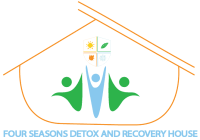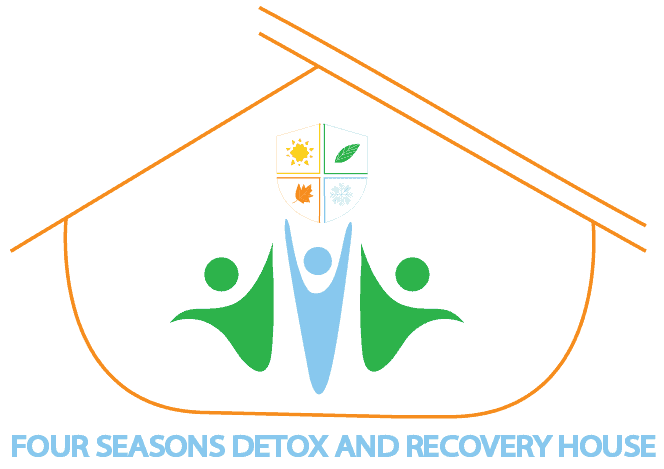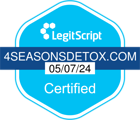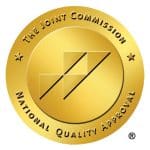The most effective treatment for dual diagnosis, which involves both a substance use disorder and a mental health disorder, is an integrated treatment approach. This combines evidence-based addiction treatment with mental health care, ensuring that both the substance abuse and the underlying mental health conditions, such as anxiety disorders, depression, or bipolar disorder, are treated simultaneously. Treatment programs often include a combination of cognitive behavioral therapy (CBT), dialectical behavior therapy (DBT), holistic therapies, and medications to help manage both aspects of the disorder. This integrated approach is essential for long-term recovery, reducing the risk of relapse and promoting overall well-being.









